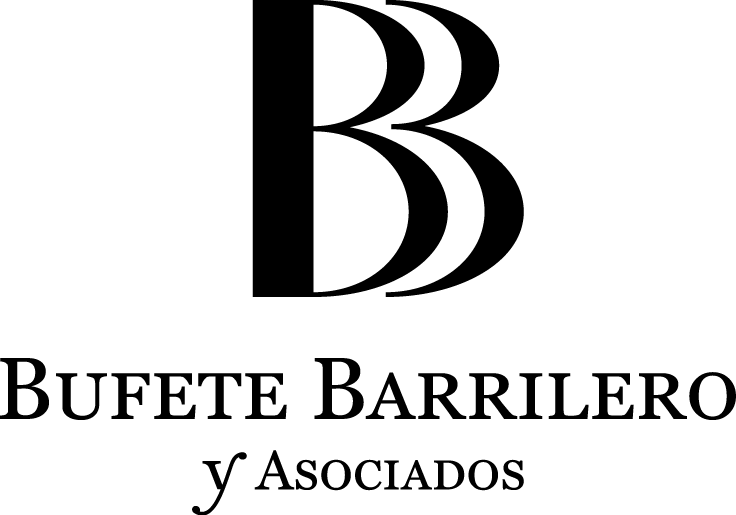The global economic situation as a result of the COVID-19 chaos has sharply altered not only our global markets but also the ordinary course of all business relationships, challenging a companies’ ability to meet their contractual obligations, whilst questioning the actual feasibility and/or ultimate legitimacy of a companies’ strategic agreements under the present significantly changed and changing circumstances.
The new, yet evolving, hostile and uncertain grounds upon which business operates, no longer seem to depend on a party’s free will, and raise numerous doubts as a consequence such as how to respond and adjust to the new scenario, how to deal with an agreement concluded under circumstances that no longer stand and which as of today seem impossible or even unlawful to comply with, how to manage the “domino effect” within the value chain of connected contracts, what to do should the company or its clients or its suppliers not be able to perform their contractual obligations, the scope of the risks and the liabilities, how to assess and protect the company’s market share and new standing amid post COVID-19 chaos or what capacity does my business currently have to generate business opportunities.
There is no way out. Today is different from yesterday, the rules have changed, and all companies need to confront the new scenario as of now, and adapt strategic contracts and relations to the new economic and legal framework.
The ability to foresee any and all company issues and needs as well as the new economic picture and response, on a global scale as well as on a sectorial level is key to successful crisis management and, more importantly, to finding a successful way out whilst defending the all-important status within the new Marketplace.
TAKE ACTION
In order to reinforce the company’s position and ensure the best possible outcome, an immediate assessment and management of all supervening contingencies, including those that may foreseeably occur, is critical, while not losing sight of the need for documenting and tracing the company’s responsibility, diligence and goodfaith throughout its COVID-19 response.
TRUE UNDERSTANDING OF THE REAL AND IMMEDIATE CHALLENGES FACING THE COMPANY, PRIORITIZING THE COMPANY’S BUSINESS GOALS
It goes without saying that all legal instruments find a purpose when advancing and supporting the business objectives realistically defined consequent with the global economy and the relevant market.
UNDERSTANDING THE OPERATING LEGAL FRAMEWORK
In the midst of regulatory and information turmoil, it is essential that companies operate and carry out their activities and their contractual obligations in compliance with the existing and applicable law while observing the relevant updates for all legal instruments for an appropriate impact response:
- Impossibility of compliance with an agreement due to “force majeure” events.
- Agreement terms modifications or agreement termination due to material adverse change of the circumstances of the agreement upon conclusion and the relevance of the clause “rebus sic stantibus”.
ANALYSING SPECIFIC CONTRACTUAL ARRANGEMENTS AND AFFECTING CIRCUMSTANCES
In order to channel the aforementioned, it is essential that each contract is analysed individually together with its evolution and any opportunity that its wording may provide is sought. Commitments pertaining to the contract must be reviewed as relevant facts may trigger any changes in the allocation of the contractual risks and liabilities.
- National and international contracts.
- Ongoing or one-off services contracts.
- Bilateral or multilateral.
- Contracts between private parties or with public bodies.
- Types of obligation.
- Evolution of contractual performance.
- Circumstances surrounding a breach of contract, the chaining of breach of contract and accountability.
- Parties’ own acts throughout the state of emergency.
- Insurance contracts, coverage and exclusions.
MANAGING RISKS
It is essential to manage all risks derived from any and all contingencies that may arise from the economic impact of COVID-19 on the company’s essential framework.
- Damages for economic loss.
- Company’s third-party liability.
- Market share loss, loss of key accounts and loss of strategic suppliers.
- Solvency and liquidity.
- Decrease in the value of the business. (Are directors liable to shareholders for a diminution of their shares?)
- Company’s feasibility as an operating business.


